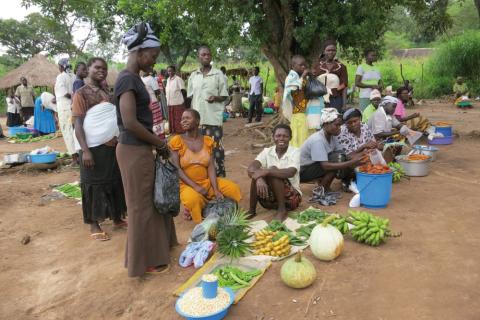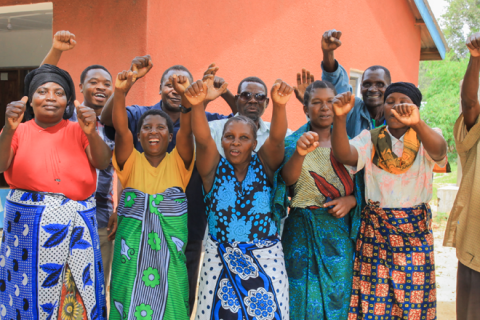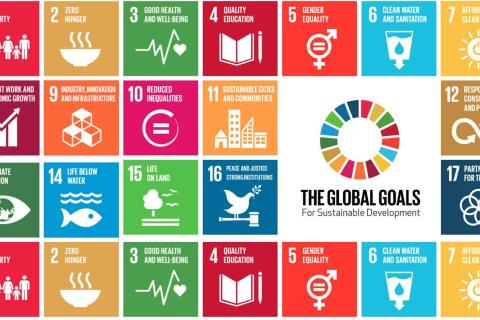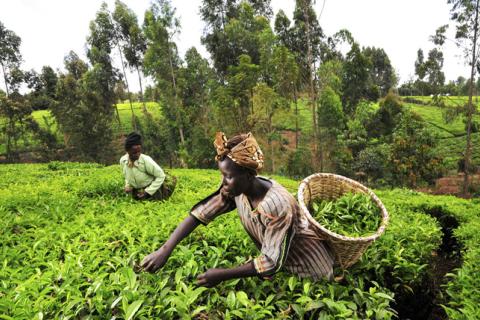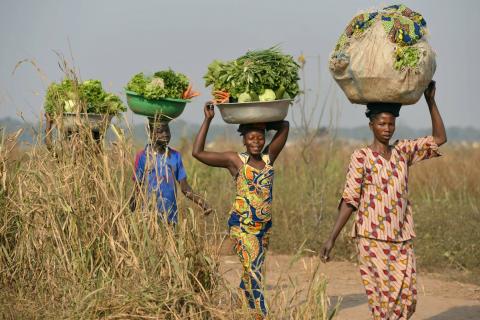Can seven pieces of information reduce land conflicts?
First global benchmark for measuring and reporting land information aims to improve tenure security and enable fair compensation
The potential for conflicts related to large-scale land acquisitions could be cut down significantly if seven key pieces of information are included in every property transaction, land professionals say.

